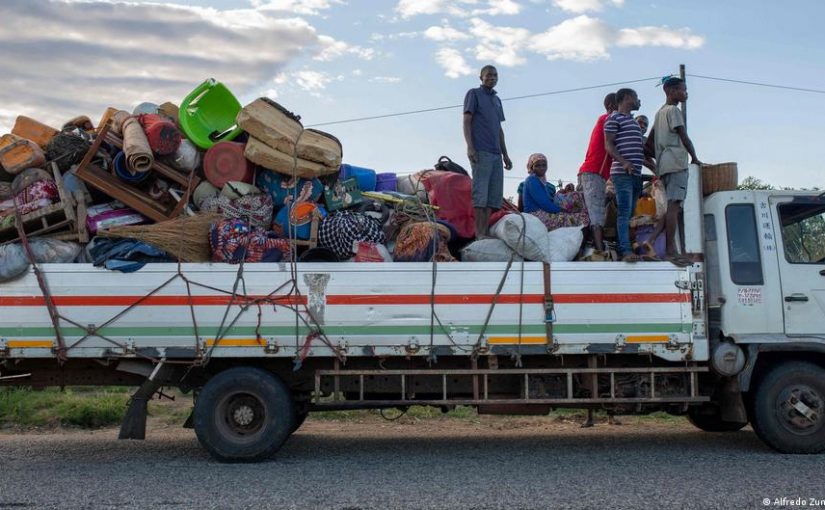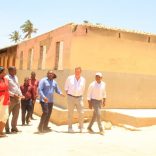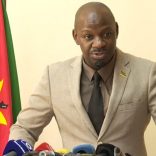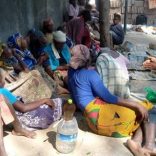Mozambique: Health Ministry hopes to vaccinate 18 million children against polio
Mozambique: Aid organisations warn Cabo Delgado crisis could be forgotten

File photo: DW
A group of 23 international non-governmental organisations (NGOs) warned on Wednesday against the risk of “forgetting” the humanitarian crisis caused by armed violence in the northern Mozambican province of Cabo Delgado.
“There is a very real risk that, with the crisis now in its fifth year, Cabo Delgado will be completely off the international radar,” the NGOs said in a statement.
In the note, the signatories lament the budget deficit for assistance to the displaced in that province.
“The humanitarian response in Cabo Delgado is seriously underfunded. We are not receiving enough funding to respond to the humanitarian crisis,” said the organisations, which include Save the Children and Plan International.
According to the group, humanitarian assistance to Cabo Delgado is “often” interrupted due to a lack of funds or resources, limiting itself to “punctual interventions”.
“It is disappointing for us, as humanitarian organisations, to have to interrupt our efforts to meet the needs of the local people and witness the fact that their basic needs are neither met nor satisfied,” they lamented, warning that the situation in the province “is at risk of becoming a forgotten crisis”.
The organisations also called for greater flexibility in issuing humanitarian visas to allow access to specialists in the thematic areas of the response to Cabo Delgado to “improve the quality” of assistance.
The group suggested that Mozambique should take advantage of being a non-permanent member of the United Nations Security Council to “draw the attention of donors and the international community to fund the humanitarian response in Cabo Delgado.
Cabo Delgado province is rich in natural gas but has been terrorised since 2017 by armed rebels, with some attacks claimed by the extremist group Islamic State.
There are 784,000 internally displaced people due to the conflict, according to the International Organization for Migration (IOM), and around 4,000 deaths, according to the ACLED conflict registration project.
Since July 2021, an offensive by government troops with Rwandan support, later joined by the Southern African Development Community (SADC), allowed areas where there was a rebel presence to recover, but their flight has provoked new attacks in other districts.












Leave a Reply
Be the First to Comment!
You must be logged in to post a comment.
You must be logged in to post a comment.